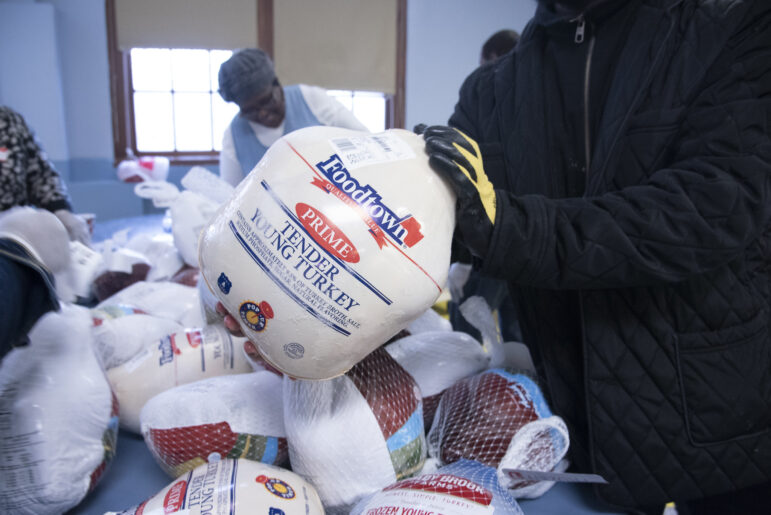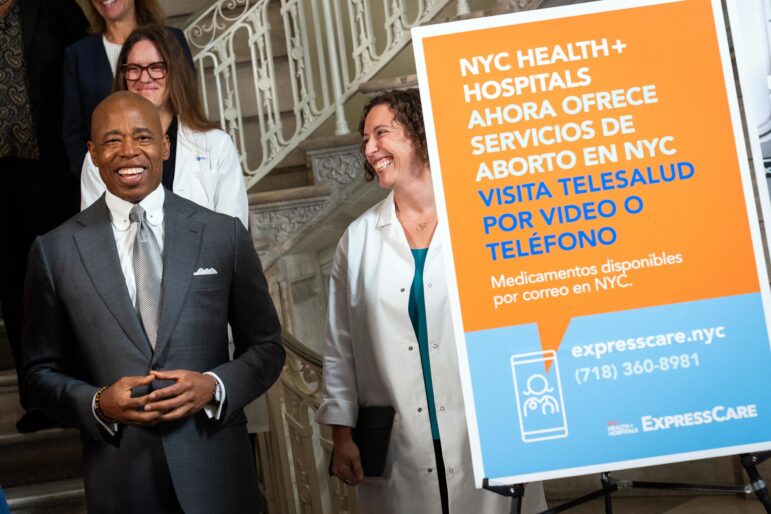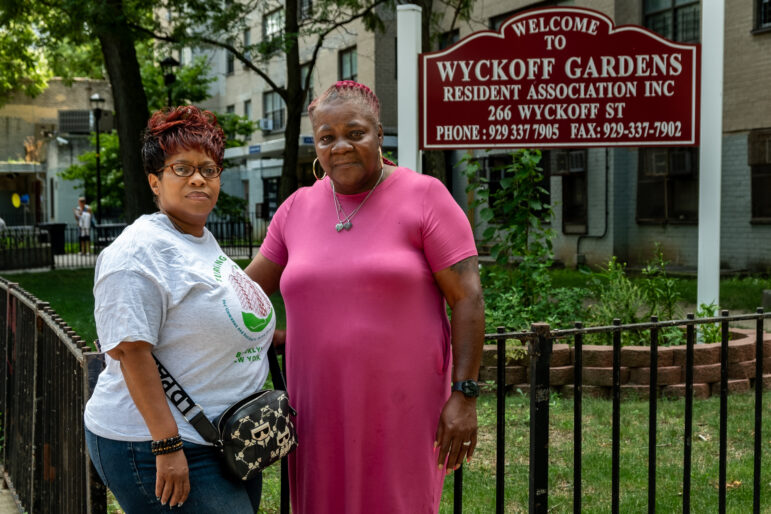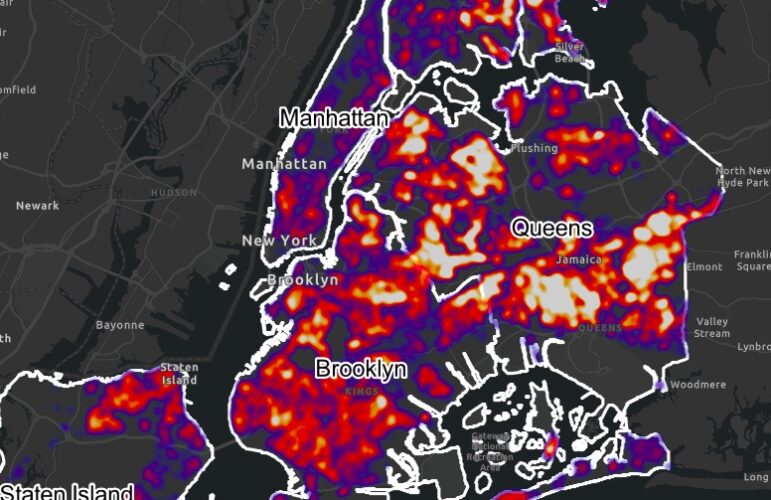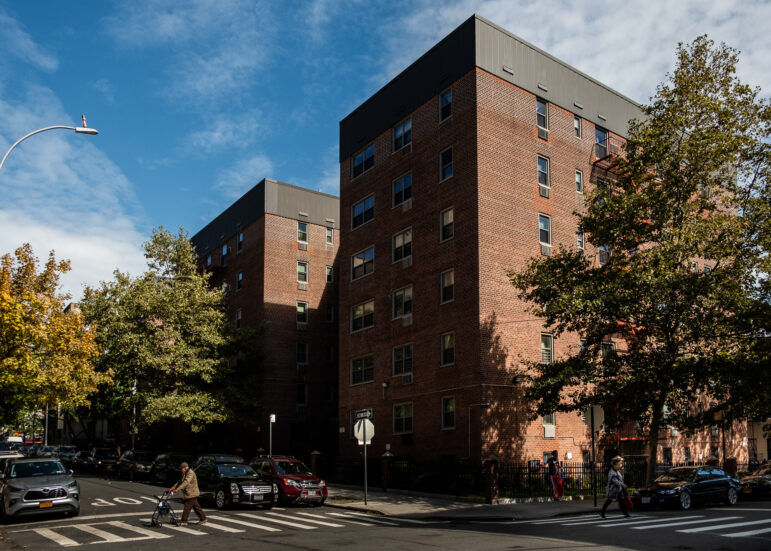The city Division of AIDS Services and Income Support just might have to book a few more months at the swank Sofitel hotel for its homeless clients–and according to the groups that are trying to get them permanent housing, the city has only itself to blame.
This March the city issued a long-awaited solicitation for new supportive housing for people with AIDS, the first of its kind since 1997. It calls on the contractors to place at least 75 DASIS clients a year in transitional and permanent housing, either congregated in one building or scattered in apartment houses around the city. But after two months, not one group has applied. While they say the need is clear–an estimated 1,000 people with AIDS request emergency shelter each year–some of the city’s leading AIDS housing providers say the fine print of the proposal issued by the Human Resources Administration spells trouble for themselves and their clients.
“Nonprofits are going to be punished for things that are outside of their control,” said Jennifer Flynn, director of the New York City AIDS Housing Network.
As with an increasing number of city contracts for social services, the housing groups would be paid based on the cost of housing and predetermined performance measures. The measure of greatest concern: Organizations would be penalized if a client returns to the city’s emergency AIDS housing system within a year of moving into the permanent apartment.
But AIDS service providers say these terms are unrealistic, given the tenuous circumstances of many of their clients and the fact that they’ll be housed by private landlords. Falling behind on rent is common, either because of DASIS tie-ups or because a client becomes sick or relapses into drug use, said Regina Quattrochi, executive director of Bailey House, a longtime provider of housing for people with AIDS; evictions, she added, are a fact of life.
Making it even harder for tenants to stay stable, the city has committed to fund the nonprofits for just three months of support services, which include counseling and assistance obtaining welfare benefits. “We’re concerned about our ability to provide quality services,” said Quattrochi.
The contract also requires that more than 80 percent of leases be made in clients’ names instead of the nonprofits’, a detail some organizations predict will create instability for the tenants. When service providers are responsible for the apartments, said Flynn, building owners deal directly with the groups if a bill goes unpaid. In this case, the clients, many of whom have never had their own apartment, she said, “are left to fend for themselves.”
To the city, however, the model makes sense, and HRA hopes the nonprofits will come around. “It doesn’t make sense for the city to continue to pay for a paternalistic model in which clients are warehoused into apartments that are run by [community-based organizations],” said Marshall Butow, director of contracts for DASIS.
But the groups are waiting for some clarification before budging. “I don’t know who they discussed these performance measures with,” said Quattrochi, “but I would need to know a lot more before I would enter this agreement.” Butow says that will come soon. His office plans to schedule a meeting with providers to discuss the terms of the housing deals.


